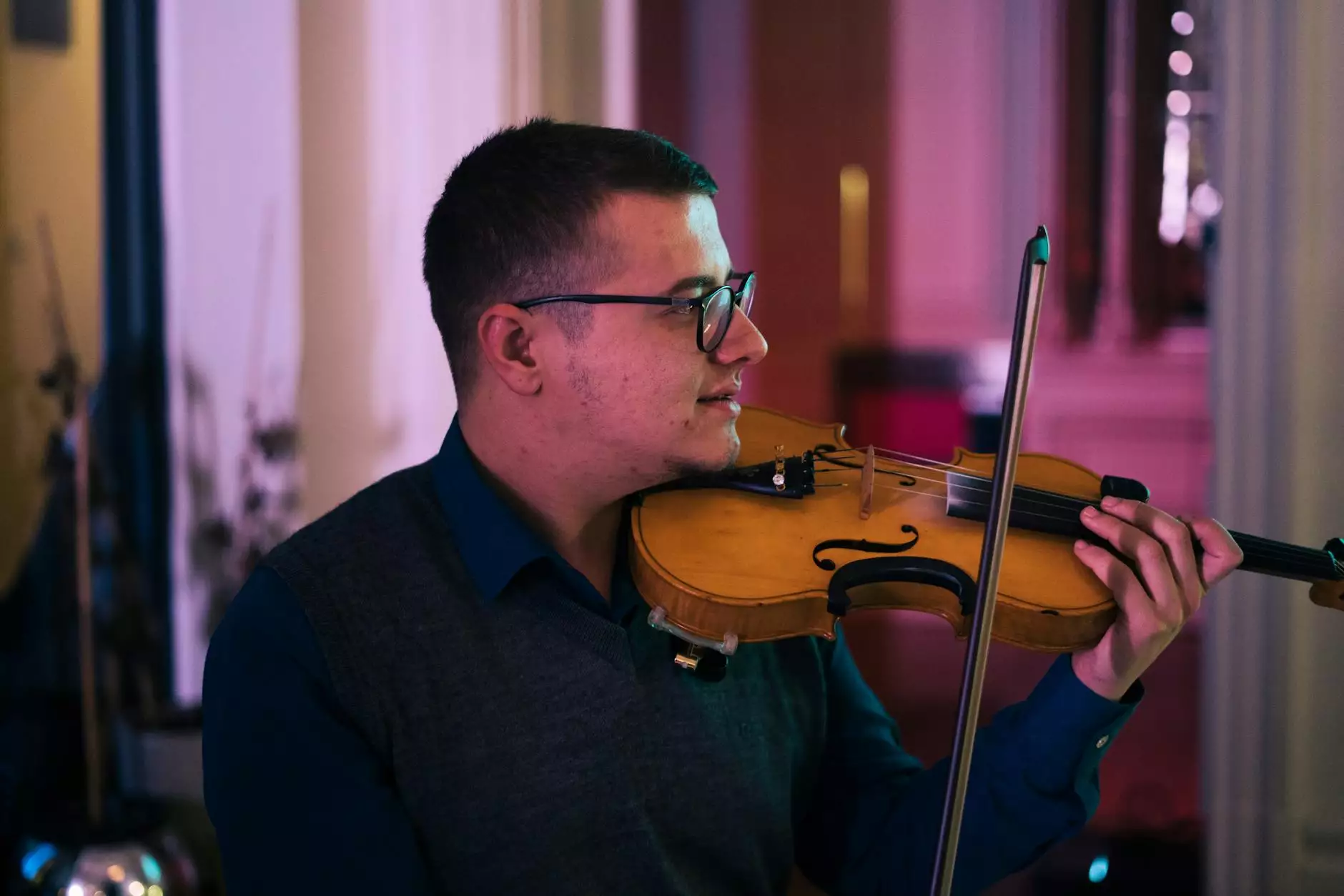The Vital Role of Black Churches in Community and Spiritual Life

Black churches have served as pivotal institutions within African American communities across the United States for centuries. They are more than just places of worship; they are vital communities where members find spiritual guidance, social support, and avenues for activism. This article delves deep into the multifaceted roles of these sacred establishments, showcasing their significance in religious, social, and cultural realms.
A Historical Perspective on Black Churches
The formation of black churches dates back to the early 18th century when African Americans sought spiritual refuge and community amid the adversities of slavery and systemic discrimination. The first independent black church in America, the African Methodist Episcopal (AME) Church, was founded in 1816, symbolizing a quest for spiritual autonomy and self-governance.
The church became a safe haven where African Americans could gather, worship freely, and develop a strong communal identity. The movement towards independence from white-dominated denominations marked a significant turning point in the spiritual landscape, giving rise to various denominations such as the National Baptist Convention and the Church of God in Christ (COGIC), which continue to thrive today.
The Role of Black Churches in Community Empowerment
One of the most remarkable features of black churches is their commitment to community empowerment. These establishments have historically played crucial roles in advocating for social justice, addressing systemic inequalities, and promoting civil rights. Prominent figures such as Dr. Martin Luther King Jr. emerged from church backgrounds, illustrating how faith and activism can intersect to drive societal change.
Social Justice Initiatives
- Civil Rights Movement: Black churches were instrumental in organizing protests, rallies, and community outreach programs during the Civil Rights Movement of the 1960s.
- Voter Registration Drives: Many black churches actively engage in efforts to increase voter registration and mobilize citizens to participate in elections.
- Community Health Programs: Health initiatives, such as obesity awareness and mental health support, are often facilitated through church networks, addressing the unique health challenges faced by the community.
Cultural Significance of Black Churches
Beyond their spiritual functions, black churches are cultural hubs that celebrate African American heritage. The tradition of gospel music, vibrant worship styles, and communal gatherings contribute significantly to the cultural identity of African Americans. These churches often serve as venues for cultural expression, educational programs, and artistic performances.
Music and Worship
Gospel music, quintessential to black church services, has roots in the struggles and triumphs of the African American experience. The genres born out of these institutions, such as soul, blues, and jazz, have significantly influenced American music as a whole.
Spiritual Growth and Support Systems
The spiritual atmosphere cultivated within black churches offers a profound sense of belonging and support. Members find strength in their faith and are encouraged to grow spiritually through various ministries, Bible studies, and mentorship programs. Churches often provide:
- Pastoral Counseling: Many black churches offer counseling services that help individuals and families navigate life's challenges.
- Youth Programs: Tailored programs aimed at nurturing the next generation's spiritual and personal development.
- Support Groups: For issues ranging from grief to addiction, churches provide a safe space for individuals to heal together.
Challenges Facing Black Churches Today
Despite their significant contributions, black churches face several challenges in the modern era. Issues such as declining attendance, generational disconnect, and financial instability hinder their ability to serve effectively.
Addressing Declining Attendance
As society evolves, younger generations may not find traditional church services appealing. It is essential for black churches to adapt and find ways to engage younger congregants through innovative worship styles, community outreach, and social media presence.
Embracing Technology
- Online Services: Many churches successfully transitioned to virtual services, allowing them to reach a broader audience.
- Social Media Engagement: Utilizing platforms like Instagram and Facebook helps churches connect with younger members and promote events.
The Future of Black Churches
The future of black churches hinges on their ability to adapt to changing societal norms while remaining true to their core mission of service, advocacy, and spiritual growth. Collaborations with local organizations, increased community engagement, and a focus on contemporary issues can help recalibrate their influence in society.
Continued Community Impact
The necessity of black churches in the landscape of social justice, community service, and cultural preservation remains strong. As they adapt to the modern world, their foundational role in fostering strength and resilience within the African American community will continue to be invaluable.
Conclusion
Black churches are not only places of worship; they are instrumental in shaping the social, cultural, and spiritual fabric of African American communities. By nurturing faith, fostering community, and advocating for justice, these institutions continue to leave a lasting legacy. Embracing both tradition and innovation is key to ensuring that black churches remain vibrant, relevant, and impactful in the years to come.
For more about our community services and opportunities to engage, visit Bridge Church NYC, where we strive to embody the spirit and mission of black churches throughout our community.
black churchs








